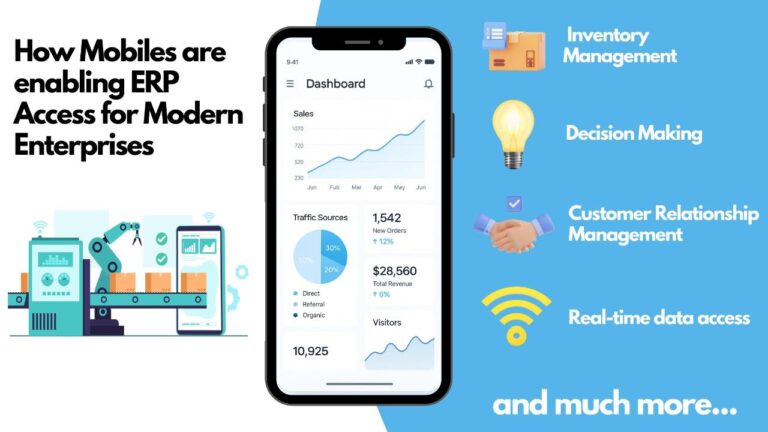
discreate manufacturing factory
In today’s competitive landscape, manufacturing companies can’t rely on generic tools to manage complex operations. While traditional ERP systems promise streamlined workflows and better data visibility, they often fall short when it comes to addressing the unique challenges of discrete manufacturing. That’s where industry-specific ERP solutions make the real difference.
What is Discrete Manufacturing?
Discrete manufacturing involves producing distinct items such as machinery, automotive parts, electronics, or consumer goods. Unlike process manufacturing (chemicals, food, etc.), discrete manufacturing requires handling bill of materials (BOMs), work orders, multiple assemblies, and after-sales service management. The production cycle is complex, with constant changes in design, customization, and compliance needs.
Why Generic ERP Fails in Discrete Manufacturing
A one-size-fits-all ERP often struggles in discrete industries because:
- It lacks features like engineering change management, multi-level BOMs, or shop-floor scheduling.
- It cannot handle make-to-order (MTO) or engineer-to-order (ETO) workflows effectively.
- It requires heavy customization, which drives up cost and complexity.
- It offers limited traceability, making quality and compliance audits difficult.

Benefits of Industry-Specific ERP for Discrete Manufacturing
1. Better Control of BOMs and Product Configurations
Discrete manufacturers deal with multi-level BOMs and frequent design updates. An industry-specific ERP lets you manage revisions, engineering changes, and configurations without chaos.
2. Streamlined Production Planning & Scheduling
With features like advanced scheduling, capacity planning, and real-time shop-floor monitoring, you can reduce downtime and optimize machine usage.
3. Enhanced Supply Chain Visibility
Industry-specific ERP systems integrate procurement, supplier management, and inventory tracking—helping manufacturers avoid shortages or overstocking.
4. Support for Multiple Manufacturing Modes
Whether you run make-to-stock, assemble-to-order, or engineer-to-order models, the ERP adapts to your production style.
5. Compliance & Quality Assurance
Manufacturers often need to meet ISO, AS9100, or other industry standards. An ERP built for discrete manufacturing provides audit trails, traceability, and quality checkpoints to ensure compliance.
6. Seamless Integration with CAD & PLM
Unlike generic ERPs, industry-specific solutions can integrate with design systems, reducing manual entry errors and speeding up product development cycles.
7. Improved After-Sales Service
Many discrete manufacturers also provide warranties, spare parts, and field service. A specialized ERP supports service contracts and lifecycle management.
The Bottom Line
Discrete manufacturing is all about precision, flexibility, and control. A generic ERP may cover basic accounting and inventory, but it won’t provide the specialized capabilities required to compete in this industry. An industry-specific ERP solution not only reduces costs and errors but also builds a foundation for scalability and innovation.
If your company manufactures products where each screw, nut, and assembly matters, it’s time to rethink generic ERP and move towards a system built specifically for discrete manufacturing success.
#DigitalTransformation #SmartManufacturing#DiscreteManufacturing #ManufacturingERP #IndustrySpecificERP




